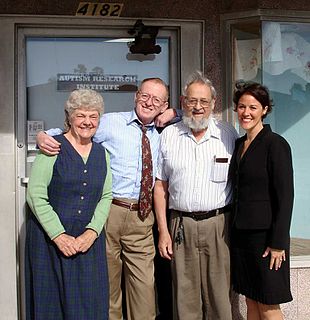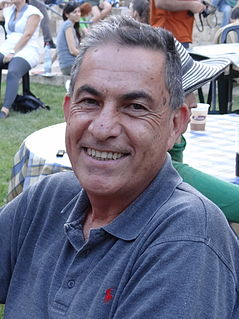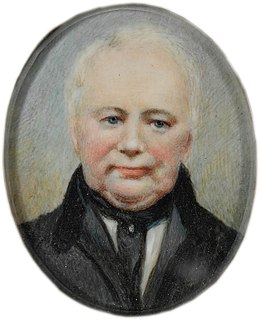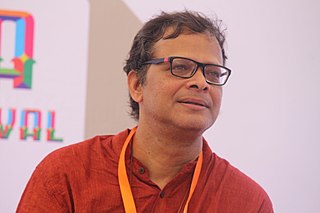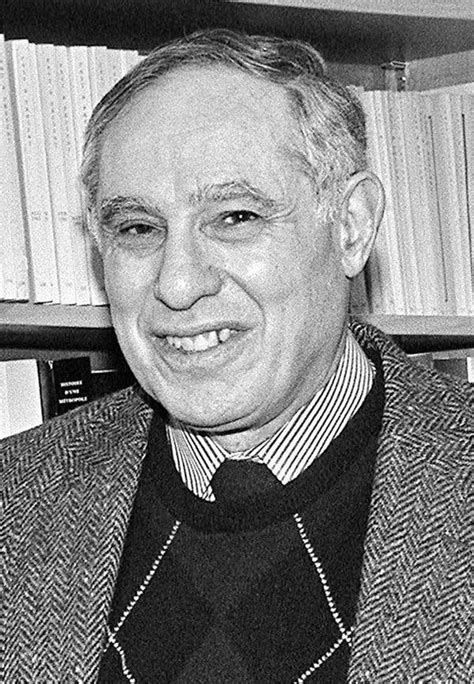A Quote by Bernard Rimland
Selfish people are, by definition, those whose activities are devoted to bringing themselves happiness. Yet. . . these selfish people are far less likely to be happy than those whose efforts are devoted to making others happy.
Related Quotes
The people who have impressed me most - and the closest I've come to having heroes - are the people who have devoted their lives to making things better for others. These are people whose names you never hear, people who work for Doctors Without Borders, Oxfam, and other humanitarian groups. They're just out there in the world, doing stuff.
Those subject to capital punishment are real human beings, with their own backgrounds and narratives. By contrast, those whose lives are or might be saved by virtue of capital punishment are mere 'statistical people.' They are both nameless and faceless, and their deaths are far less likely to be considered in moral deliberations.
I didn't go to bookshops to buy. That's a little bourgeois. I went because they were civilized places. It made me happy there were people who sat down and wrote and wrote and wrote and there were other people who devoted their lives to making those words into books. It was lovely. Like standing in the middle of civilization.
Usually we try to figure out what we think would make us happy, and then try to make those things happen. But happiness isn't circumstance-de pendent. There are people who have every reason in the world to be happy who aren't. There are people with genuine problems who are. The key to happiness is the decision to be happy.
